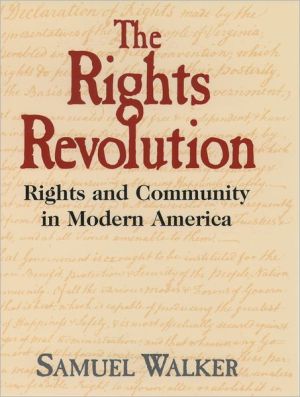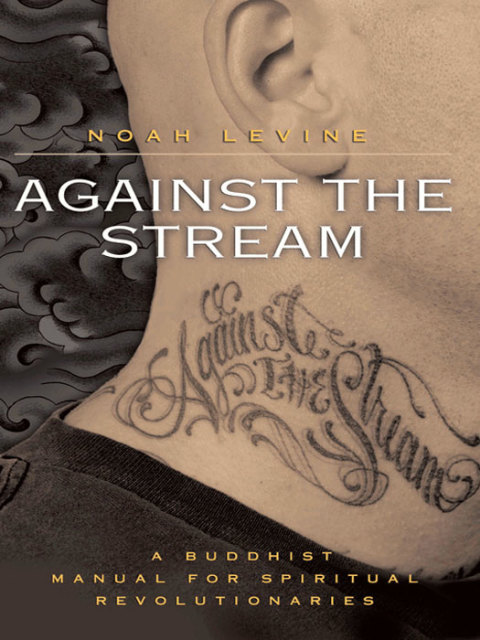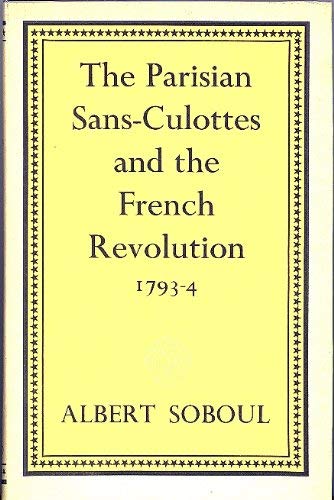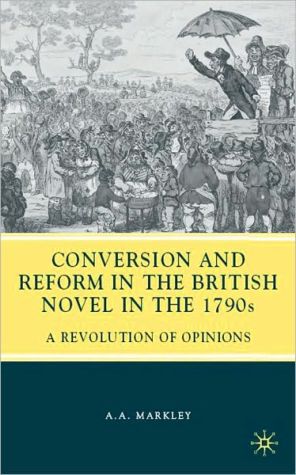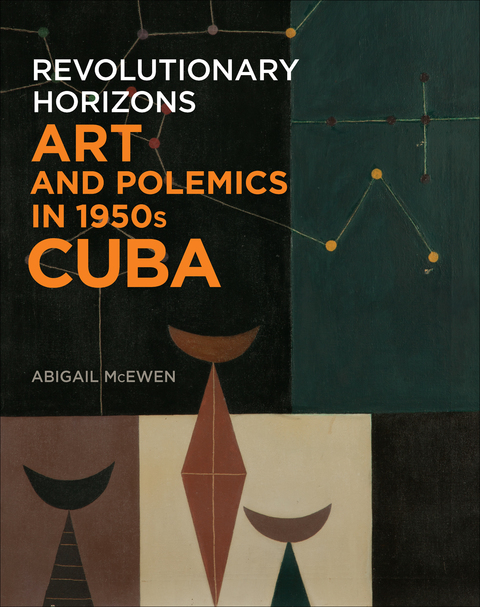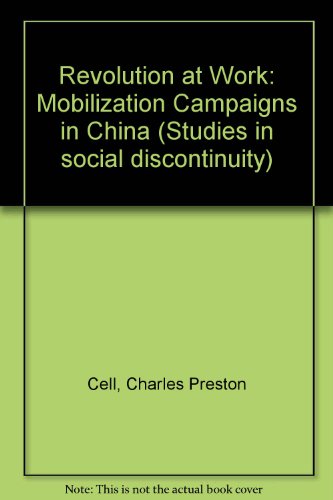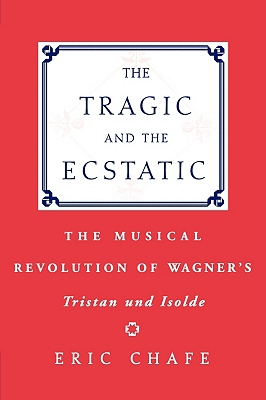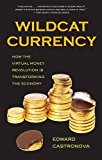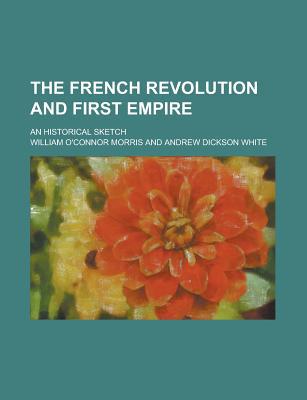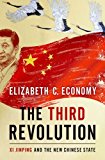Embodying revolution
A strange figure recurs throughout Shelley's work, a solitary young poet hounded by passion or madness to the grave. This study reveals the figure to be an allegory of a violent revolutionary age. Seen in the context of a largely forgotten ideal that connected introspection with radical politics, Clark demonstrates that Shelley's self-analyses and metaphysical speculations are related to a notion of the poet as an explorer in previously unchartered regions of the human mind. He shows that ultimately, the curiously weak Shelleyan poet is really an ambivalent fictional embodiment of the social forces tearing Europe apart in the Romantic age.
Keywords
Literary Criticism - General & Miscellaneous, English Poetry - General & Miscellaneous - Literary Criticism, Art & Literature, English Fiction & Prose Literature - 19th Century - Literary Criticism, English Poetry - 19th Century - Literary Criticism
Literary Criticism - General & Miscellaneous, English Poetry - General & Miscellaneous - Literary Criticism, Art & Literature, English Fiction & Prose Literature - 19th Century - Literary Criticism, English Poetry - 19th Century - Literary Criticism
| Name in long format: | embodying_revolution |
|---|---|
| ISBN-10: | 0198129815 |
| ISBN-13: | 9780198129813 |
| Book pages: | 310 |
| Book language: | en |
| Binding: | Hardcover |
| Publisher: | Oxford [England] : Clarendon Press ; 1989. |
| Dimensions: | 5.43 (w) x 8.50 (h) x 0.38 (d) |


